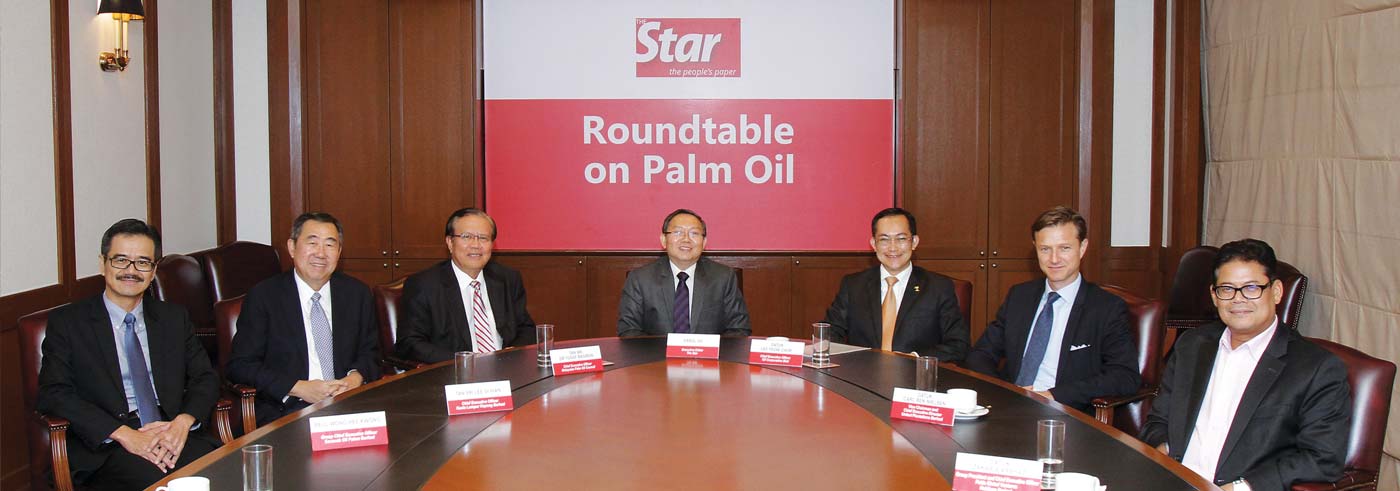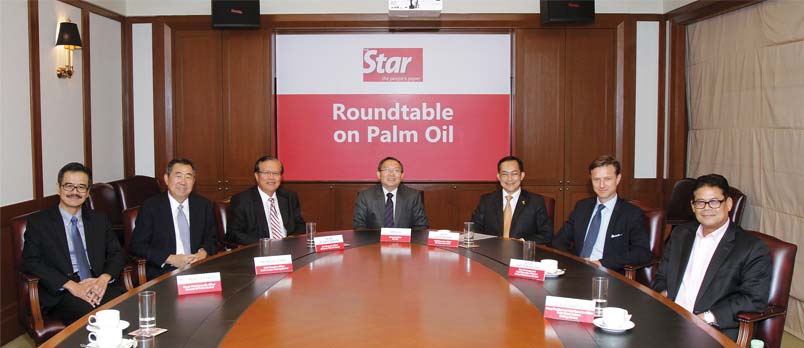



From an unknown to a global commodity
February, 2017 in Issue 1 - 2017, Markets
Coping with snags
Dato’ Bek-Nielsen said the industry’s main problem is linked to the changing demands of consumers:
“If we look at the last 15 years, there has been a growing change in the mindset of many consumer countries, particularly in the west, in terms of the environmental and ecological footprint.
In the old days, whether it was in the US or Brazil or parts of Europe, they just looked at forests as something to be converted. But now, when developing countries are starting to do this, it clashes with these changing demands from consumers. So we have two choices. We can either listen to them, or we can refuse to listen to them.
However, if we refuse to listen and continue with business as usual, then we will be closing the door on some opportunities. At the same time, as a very versatile industry that has been around for [about] 100 years now, perhaps it is time for us to take heed of this, and see how we can still proceed with development, but with limited impact on the environment.”
Tan Sri Yusof noted that the biggest threat to the industry comes from restrictions imposed by European countries:
“The challenges that we are facing reflect our success. People hate this success – we are displacing other oils, they are not as competitive anymore.
The NGOs are propagating agendas such as environmentalism, and the authorities want to convert the agendas into policies. This is what we are faced with, and we have to fight this. It is not a case of whether we choose to give in to their demands or not.
They have designed this as a method to overcome their lack of competitiveness in their own commodities. They want to protect their own farmers and so, they came up with this agenda of environmentalism as a tool for their protectionist campaigns. It is no longer just an NGO issue today; these campaigns are [leading to] potential legislation.”
Dato’ Zakaria pointed to the cost of replanting old trees within FELDA, especially for smallholders, as well as to the dearth of experts in lifting the yield of the oil palm:
“Many of our trees are over 20 years old and are no longer productive. The company and the settlers face the same problem. The company can [replant] 15,000-16,000 ha per year and this could cost over RM300 million. However, the settlers face a problem because replanting will cost them at least RM15,000 per acre [sic].
Another big challenge I faced when I took over this role [in FGV on April 1, 2016] was when I wanted to improve the yields of the plantations. I found that there was a shortage of people who are really good at this, so I had to bring in retired experts to help.
[The situation] could [have arisen] because many young people do not find the plantation industry attractive, probably in terms of the location and salary, and [because] you do not have the same facilities you can find in a town area.”